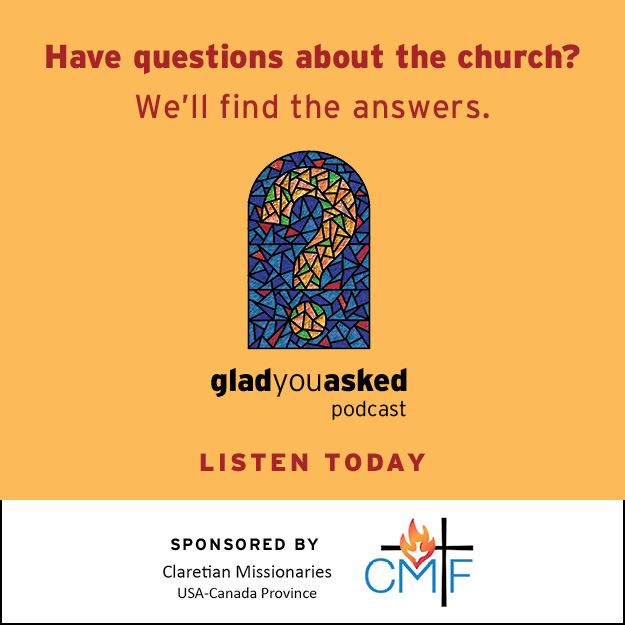Guest blog
On September 3 and 4, leaders from churches and Christian communities throughout the Middle East gathered in Amman, Jordan for a conference on “The Challenges facing Arab Christians.” The participants focused on the problems and challenges that affect the lives of all the baptized in the Middle East region.
Driven by its desire and good will to offer a concrete contribution to the solution of the problems of so many indigenous Christian communities in the Middle East, Jordan organized this meeting—the first of its kind in history—to gather opinions and recommendations. The meeting was commissioned by Jordan’s King Abdullah II, who had met with Pope Francis in the Vatican the week before. Prince Ghazi bin Mohammad, advisor to King Abdullah II for cultural affairs, was its main advocate.
For two days the Christian leaders and heads of churches gathered in this historic “summit,” or synod. Seventy patriarchs, patriarchal delegates, bishops, and priests of all Christian churches rooted in the region discussed and debated recent developments in Egypt, Iraq, Lebanon, Palestine, and Syria.
Sectarian violence and religious discrimination in the region made this gathering very timely. The initiative by King Abdullah sought to help church leaders discuss these issues and recommendations to ensure the promotion of their role and presence as essential and integral parts of our Middle Eastern fabric, culture, and history.
Cardinal Jean-Louis Tauran, president of the Pontifical Council for Interreligious Dialogue, participated in the meeting. Participants also included the Greek Orthodox patriarch of Jerusalem, Theophilos III, as well as other Catholic and Orthodox patriarchs. Cardinal Rai of the Maronite Church, Patriarch Gregory III, and Greek Orthodox Patriarch of Antioch Yohanna X al-Yazigi were also in attendance. Patriarch Yohanna X al-Yazigi is a resident of Damascus and the brother of the Metropolitan of Aleppo, Boulos al-Yazigi, who was abducted last April together with the Assyrian Orthodox Metropolitan of Aleppo, Mar Gregorios Yohanna Ibrahim.
Jordan, with its record of religious and interfaith initiatives, has sensed the importance of such a space and platform for Arab Christians facing challenges. Jordan should be commended for its efforts for interfaith peace in the country and in the region. For the past 20 years, Arab Christians have been killed, abducted, and tortured by extremists, in some countries of the region. Jordan has taken in Christians from throughout the region who are fleeing their homelands to take refuge from persecution.
Arab Christians, as loyal citizens who refuse isolation, have always shown a willingness to work with their Muslim brothers and sisters and sought to achieve human dignity for all in their societies. One of the challenges for Christians is to be witnesses of love and harmony while advocating freedom within their societies. The Arab Christians’ cause in the Middle East is not with Islam, but with extremism, backwardness, human fragmentation, and the absence of dignity of the Arab citizen.
It is the cause of every subjugated Arab human being. It is a common issue for Muslims and Christians: renaissance for Christians is not possible without the renaissance of the Muslims. The focus of Arab Christians on obtaining or maintaining their freedom does not mean that they do not see that their Muslims, fatigued with misery, are also without freedom. Arab Christians’ demand for freedom is not (and should not be) only for themselves, but for all. This way all Arabs become the extent and the scope of our ministry.
To read a translation of King Abdullah II’s September 3 remarks at “The Challenges Facing Arab Christians” Conference in Amman, Jordan, click here.










